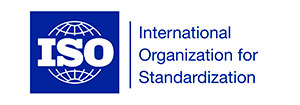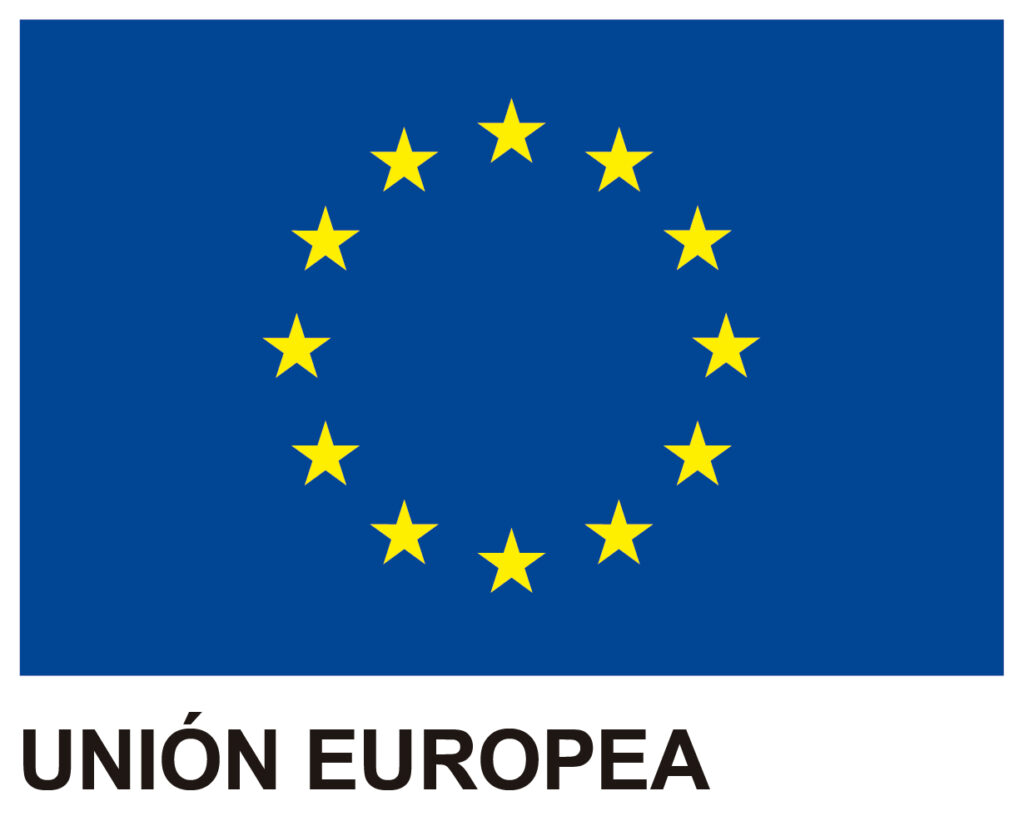¿What is the fundamental objective of ISO standards?
ISO Standards are a set of internationally recognized standards that were created with the aim of helping companies to establish levels of homogeneity in relation to the management, provision of services and product development in the industry.
ISO initials are the acronym for International Organization for Standardization, and its origins date back to 1946, as a union of other organisms that existed previously and whose objective was the regulation and establishment of standards for manufacturing. (International Federation of National Standard (ISA) and the United Nations Standards Coordinating Committee (UNSCC)) The initial meeting, which took place at the Institute of Civil Engineers in London, was attended by 64 delegates representing 25 countries.
Since then and until now more than 23.000 standards have been created. They cover multitude of management areas, technologies and production processes. ISO is a non-governmental organization, composed of their 164 members countries, with 781 technical committees and subcommittees involved in the standards development, that has its Central Secretary in Geneva, Switzerland.

We help you implement and manage the following ISO standards
It is none other than to establish recognized levels of compliance with quality, efficiency and safety in relation to the specific areas and activities developed by each standard. Currently there are standards of quality management, environmental management, information security management, risk management, etc., which allow companies and organizations to become certified in different areas of compliance depending on the activities and businesses developed by them.
“One of the structural principles of ISO standards is continuous improvement”.
By establishing a methodology based on the PDCA cycle (Plan-Do-Check-Act) also known as the Deming Cycle. One of the important advantages that organizations achieve with the implementation of ISO standards is to provide a differential value compared to the competition, as they are certified and internationally recognized standards.
One of the important advantages that organizations achieve with the implementation of ISO standards is to provide a differential value compared to the competition as they are certified and internationally recognized standards, which are reviewed and audited periodically in order to guarantee compliance with these. This improves the perception of companies both for customers and for shareholders, investors or partners who may show interest in them.
Other important improvements achieved by implementing an ISO standard in an organization is the optimization of processes by providing more data and records about it. This always facilitate decision-making by management with more specific and verifiable information. Furthermore, the correct adaptation to the regulations and requirements that may be had clients, other entities and organizations is facilitated, being able to highlight the compliance of these in a documentary and reliable way, which results in higher levels of trust both internally and as to third parties.
The implementation of several ISO standards in an organization includes an added advantage of the ease integration between them, providing a common framework for all allowing the existence of a soleManagement System.
ISO standards are a fundamental tool today, for any organization that desires to advance and improve in today’s complex markets, transmitting confidence and competitiveness.
At GlobalSuite Solutions we offer the help and advice necessary for the complete adaptation of your organization to the implementation of ISO standards and to obtain your certification. In addition, we have the GlobalSuite software®, fully developed by our team, allows the implementation, management and maintenance of all the requirements demanded by the standard in all types of organizations and sectors





